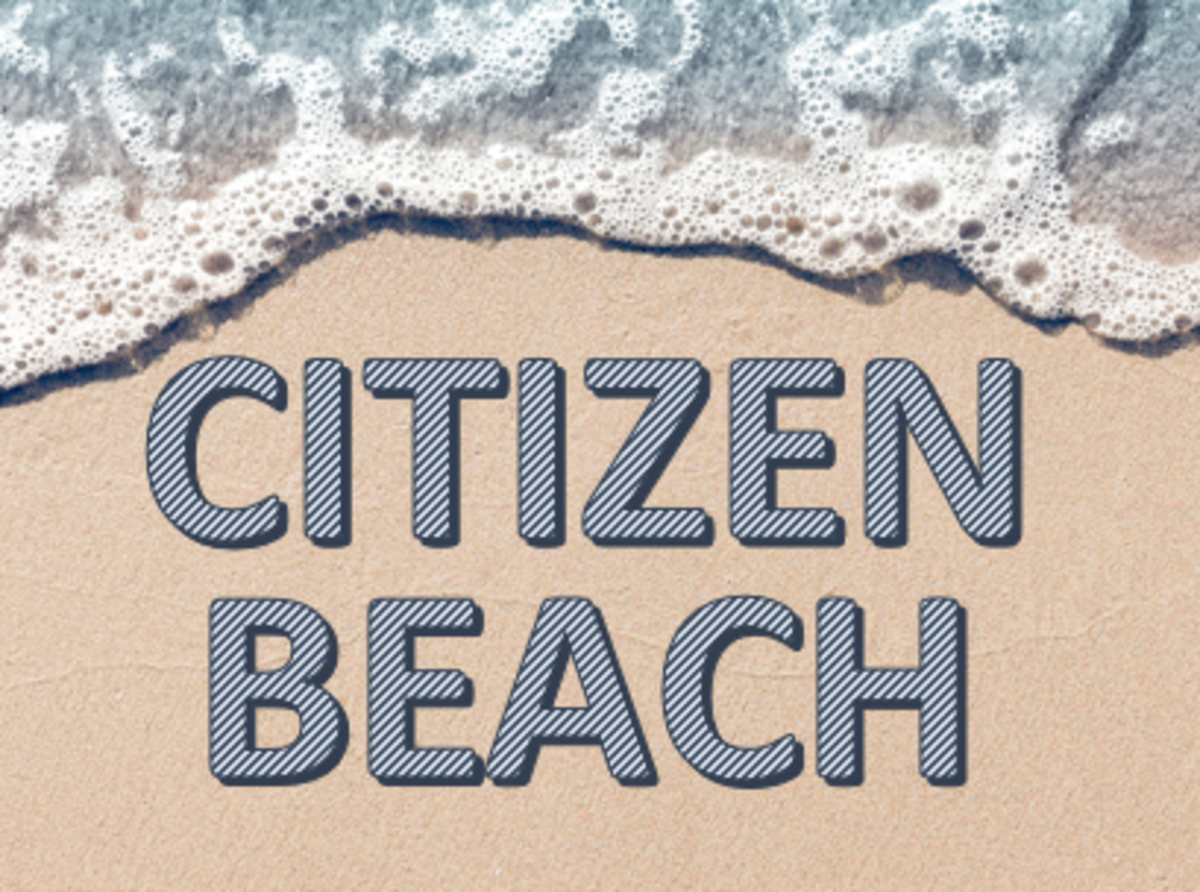Coming Together for Healing: St. Pete Beach, Treasure Island, and Madeira Beach
In the wake of the devastating back-to-back hurricanes, our communities have been thrust into a challenging period of recovery. Not only have we faced significant physical damage from flooding, but we've also encountered bureaucratic hurdles that have delayed our return to normalcy. The slow pace of issuing permits for home repairs has left many of us in limbo, unable to rebuild our lives and homes, exacerbating our collective trauma.
The Reality on Our Streets
Our beach communities, once vibrant with life, now echo with the sound of excavators demolishing homes in the aftermath of hurricanes Helene and Milton. Many of the remaining homes stand gutted, with residents living in RVs in the driveway—if lucky, or with friends and family, or paying rental fees in hotels or B&Bs—but all living with the constant stress of damaged properties. The local news has been replete with stories of homeowners who faced months of waiting to secure the permits necessary for rebuilding.
Madeira Beach: Remember Yarisi Valero? She's been waiting months to get the green light to rebuild after her home took a hit.
Treasure Island: John Kruszona shared his heart-wrenching story of losing almost all his furniture and cherished memories to the flood. The emotional weight of seeing your life's collection at the curb is heavy.
St. Pete Beach: Mike Morton, a local for decades, talked about how the hurricane left him questioning the safety of staying in his home, adding to the stress of recovery.
The same stories are repeated across all the Gulf municipalities in Pinellas County, where residents have been vocal about the permit delays. Many have been waiting for months.
The Emotional Toll
The physical damage to our homes is only part of the story. The emotional and psychological impact on our community cannot be overstated. Living through disaster and then facing additional stress from recovery delays has led to widespread feelings of frustration, anxiety, and PTSD among our residents.

It's not just about fixing the physical damage; it's the emotional scars that linger. The silent storms we're navigating are the constant worry about when life will return to normal, the anxiety from living in damaged homes or temporary setups, and the overwhelming sense of loss. Many of us are dealing with PTSD, feeling anxious or just plain down. We're all stuck in a loop of stress and sadness, watching our community struggle to heal.
These facts can help illustrate the depth and complexity of the emotional toll on our communities, emphasizing the need for collective healing and support.
Increased Mental Health Issues: Studies show that there can be a 5-40% increase in mental illness following natural disasters like hurricanes, with anxiety, depression, and PTSD being prevalent among survivors.
Long-Term Effects: The emotional impact can last for months or even years. For instance, after Hurricane Maria hit Puerto Rico, high rates of PTSD and depression were reported among those who relocated, with effects lasting well over six months.
Hyper-Vigilance: Many survivors become hyper-vigilant, constantly on the lookout for signs of another storm, even when there's no immediate threat. Something as simple as a change in weather can trigger intense anxiety.
Children and Youth: Kids are particularly vulnerable. In areas hit by hurricanes, children often show signs of increased dependency, trouble sleeping, and physical symptoms like stomachaches or headaches. A study post-Hurricane Katrina showed that PTSD symptoms in children could peak as late as 24-30 months after the disaster.
Community Impact: The disruption of social networks, loss of community landmarks, and general upheaval can lead to a collective sense of loss and grief. After hurricanes Helene and Milton, urban areas like Tampa Bay reported widespread collective anxiety and grief.
The Role of Waiting: The delay in rebuilding due to bureaucratic issues with permits can exacerbate feelings of helplessness and frustration, contributing to long-term stress and mental health deterioration. This has been a significant issue in the recovery process for St. Pete Beach, Treasure Island, and Madeira Beach.
Look for the second installment of this series in our next edition!
